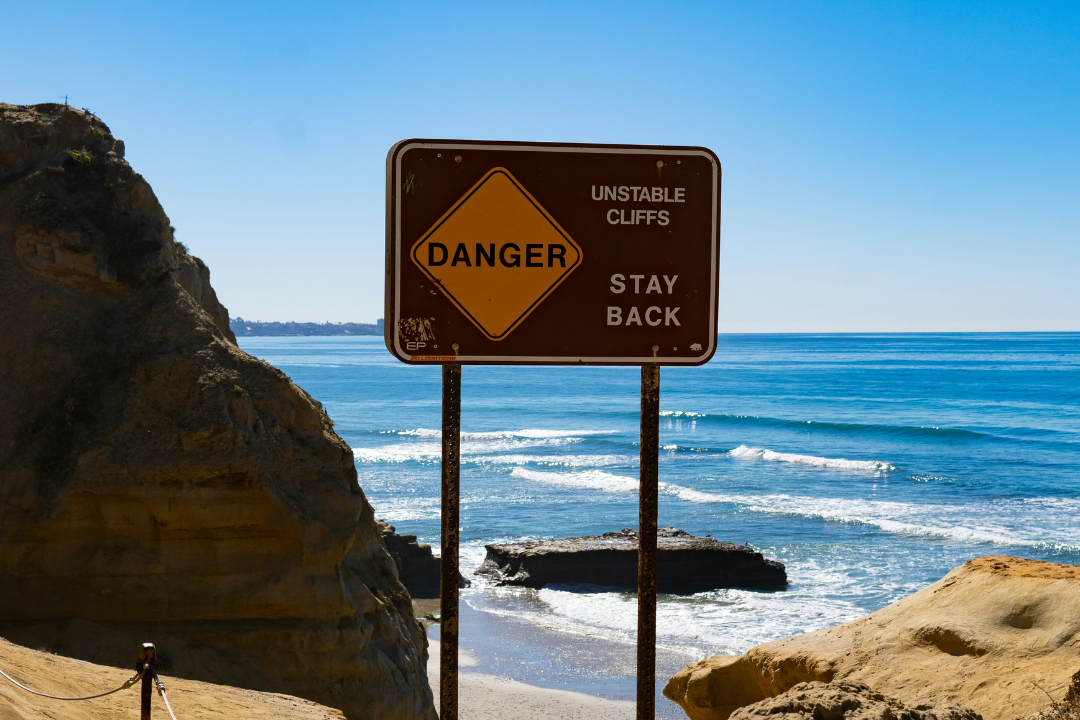

Will Labor's emphatic victory sow a super seed that could damage it forever?
Following the recent federal election, a subscriber to The Switzer Report asked if the proposed super tax was a “done deal”? Who knows? However, if one aspect of this tax becomes a reality, it will not only damage the nest eggs of 80,000 super trustees, but it will also damage the trust voters have in a Labor government.
It is legendary that we Aussies expect “a fair go” but if the eventual new taxing of our super includes tax slugs on unrealised gains, it will be a policy decision Labor will regret.
Before explaining what many future voters might come to hate about this super tax, let’s recap on what a Labor and Greens dominated Senate could give the OK to. I need to do this because as a piece by Sydney Uni Economics Associate Professor Mark Melatos piece today surmises, the new taxes on super didn’t get much attention in the election campaign but they could be tricky to implement.
While that was a spot-on call, it will get a lot of attention if Labor goes ahead with all its revealed policy and even more if it gives into the demands of the Greens to make it a more draconian ‘get-even’ with those who have built up their super over $3 million.
If you think this story doesn’t apply to you because your super is nowhere near $3 million, remember you might have parents or grandparents who could have a big balance. But even more worrying is that the Greens want the new super tax to go even further and apply to balances of $2 million or more. The question that future voters will be asked will be ‘how low could this benchmark amount go’?
This will also raise the question whether you’d be better off getting a fair chunk of your money out of super and into a principal property, which is capital gains tax free? Should retirees use their money to give their descendants money so they can have a principal property of their own instead?
There’ll also be better, less-taxing investment alternatives to super looked at by those with big balances, which will reduce the expected windfall gains of this new super tax.
The proposed tax changes would see the Government increase the 15% tax on what your super fund in accumulation mode earns from 15% to 30% if your balance is over $3 million.
That 30% would only apply to balances over $3 million. For those in pension mode, meanwhile, a 15% tax would apply to earnings linked to the balance over $3 million. While gains could be taxed, losses could be used in the future to offset gains in years ahead.
The biggest concern for those with a $3 million balance in their super fund is that Labor wants to tax these unrealised gains. This means if your fund does well in one year, but you don’t sell any of the investments to cash out those gains from stocks, bonds, property, etc in your super fund — you’d have to pay 30% tax on that gain regardless.
That would mean you might have to sell assets to get the money to pay the tax! This would be an especially big issue for those who have their super in a self-managed super fund or property in their funds. Those individuals who see their property goes up in value by a lot, the tax bill would follow.
Taxing unrealised gains is the controversial aspect of this new super tax and could be an issue that the new member for Goldstein, Tim Wilson, is bound to take up the cudgels for.
He successfully led the case against Bill Shorten’s plan to scrap franking credits that helped the tax position of retirees invested in stocks in their super. “I’ll be fighting against it straight away,” Wilson told The Nightly.
Wilson will also make the point that the $3 million cap isn’t going to be indexed for inflation, which means younger workers over time could be affected.
The Government says only 80,000 rich people will be affected but The Nightly reported: “AMP economist Diana Mousina noted that a 22-year-old on average full-time wages, experiencing typical wage growth and investment returns, would likely breach the cap before they hit retirement”. Mousina added on her LinkedIn: “Do you think that the proposed $3 million superannuation cap tax won’t impact you because the Labor government said it only impacts 0.5 per cent of people now? Think again!”
Mark Humphery-Jenner, Associate Professor of Finance at UNSW Business School, described Division 296 as “one of the most pernicious taxes considered in Australia.”
This is a big issue that might not only damage the views of voters on Labor governments but kill any trust people have about what future governments might do to our super, which is an investment we have been forced into.